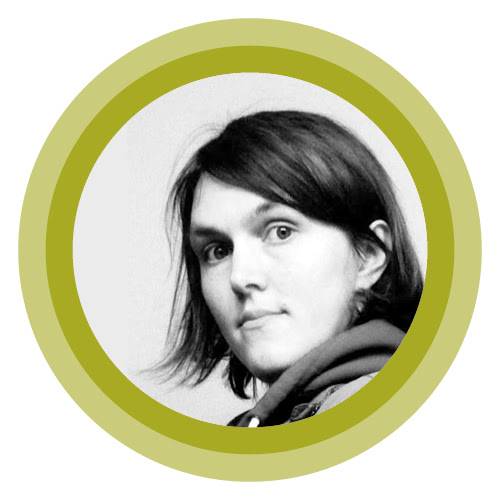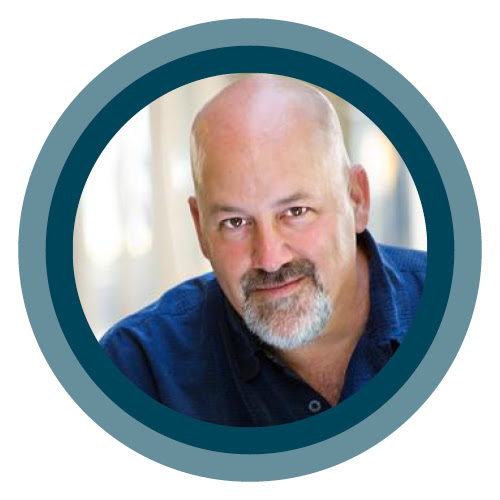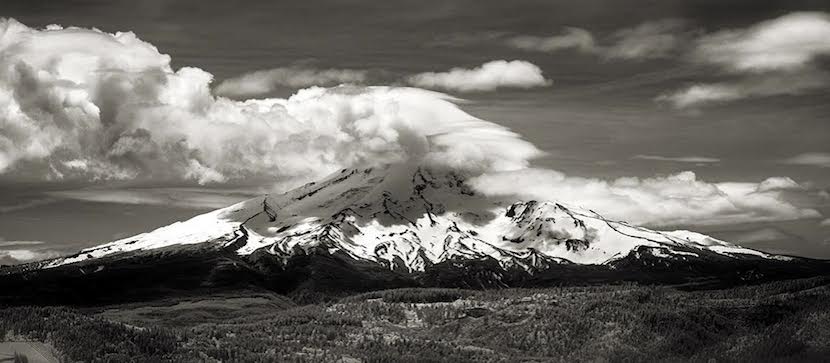2015 marks the 20th anniversary of Warrior Monk, and these two decades have encompassed more than 100 retreats. When the program returns to the Whidbey Institute from September 23—27, I plan to participate. In preparation for my time in the retreat, I recently spoke with program facilitator Dan McKee about what to expect. Here is that conversation. —Marnie Jones
________
 At the Whidbey Institute, we consider ourselves a “community of leaders.” To me, that means a commitment to being my best self and courageously seeking my own, passionate, engaged place in the work we share. How would a program like the Warrior Monk Retreat serve me in this effort?
At the Whidbey Institute, we consider ourselves a “community of leaders.” To me, that means a commitment to being my best self and courageously seeking my own, passionate, engaged place in the work we share. How would a program like the Warrior Monk Retreat serve me in this effort?

It seems to me that regardless of our desire, and even our deep commitments, most of us can use help in evoking that “best self” and sustaining how well it shows up in the face of stress, busy-ness and doubt. In this work, we get to unwire some of the self-limiting beliefs about ourselves that hold us back from the level of impact our hearts and values call us into. I’ve seen hundreds of folks over the years come out of the retreat with much sharper clarity and resolution about what their “passionate, engaged place” is. Some are quite surprised that their “work in the world” has shifted once they come more deeply into relationship with lost and beautiful parts of themselves.
The deep work, combined with the restoration and support of an intimately engaged group over five days, seems helpful in finding the sweet spot of purpose and engagement.
I’ve found it’s also a matter of time and how well and where we focus our attention. Many of us have crafted our lives in ways that may have served us well until this moment, yet don’t leave us able to fully show up for what we find now matters most to us. This can mean devotion to our most important relationships as well as to our work in the world. This is part of the “Warrior” aspect of Warrior Monk—calling up the courage, discernment and action needed to live daily with open-hearted purpose.
Our work creates inner shifts, supported by tools for limiting distraction and creating more focus. To this we add follow-up care to support each other’s mission and happiness practices.
________
• Personal development work is just part of what we each need to do—we also need to practice caring for the needs of our communities at large. How do the two go hand in hand?
• In my experience they’re not separable. My favorite quote on our Warrior Monk website is “I awaken each morning torn between a desire to save the world and a desire to savor the world. This makes it hard to plan the day.” ( E.B. White )
Sometimes we need the personal work that confirms our basic goodness and self-appreciation in order to really be effective at caring for community—bringing more focused power and grace to our service.
Also, learning to not take oneself so seriously can go a long way in paradoxically making one’s work more impactful. So, we make sure to have some fun in this retreat, adding more humanity and playfulness to this important and serious existence.
________
• I feel a strong sense of purpose, and a strong alignment between my personal mission and my work, but I struggle with being in my body. I find meditation difficult . . . I squirm and my mind wanders. Would I benefit from a program like this?
• Well, sometimes this happens for me, after nearly 40 years of meditating! Warrior Monk is not a full-blown meditation retreat, but we teach and use it enough to ground the deep work in the retreat and give a taste of the deeper quiet we each have residing inside us. Being able to access this on a regular basis is a critical skill—one which I believe most change-agents and just generally kind people possess.
Many people report experiencing meditation differently during and after their Warrior Monk experience. Over 20 years, we’ve tailored this offering to include a certain amount of meditation, integrating with the other rich experiences, and inside a connected community over five days. We make meditation very user-friendly and practical—a true practice of self-compassion and empowerment.
________
• It’s the height of summer—the birds are singing, the trees are alive with color, and signs of life are everywhere outside. How does the 100 acres of Chinook connect with the inner work of Warrior Monk?
• We only hold Warrior Monk retreats in beautiful and quiet natural settings like Chinook. Whether a participant is walking quietly in the woods while integrating huge shifts or simply looking out the window during a tender and deep moment inside the circle, the Chinook land is a necessary co-facilitator in this process.
________
• I’m a person who feels compassion deeply—for humans, for other animals, for ecosystems. Sometimes, I experience it as guilt, for not being able to fix the world. Does this program offer insight through which I might cultivate greater self-compassion?
• Most definitely, though I’d say that it has little to do with insight. It’s really a place I see folks arrive at in their heart and mind—a form of presence we find as a result of deep work and self care.
The work, play, and quiet inner revolution that occur during this program not only feed this needed compassion and acceptance of self you speak of, but also serve to provoke and evoke our greater gifts and contributions. Combine that with the simple but powerful ability to just be more present, and a lot of the other chatter about whether we’re enough or doing enough significantly drops, or falls away.
________
• Five days and four nights is a big commitment, in light of the needs of work, family, and community. What is the value in this stretch of time away?
• I’m very sensitive to the challenge you speak of. It’s a great privilege to be able to “retreat” from our lives to focus on ourselves, one that most people don’t enjoy. That’s part of what drives me to make sure we’re using this time to empower missions of service, in addition to healing and restoring ourselves.
Something different happens when we spend four nights in a full-immersion —something two or three day workshops and retreats can’t quite create. It’s part of what allows this work to be authentic, lasting, next-stage development work as opposed to a heightened state that fades away. We really are restoring and building our ability to return to work, family, community, and service to ourselves and others with greater peace, grace, joy, and effectiveness.

